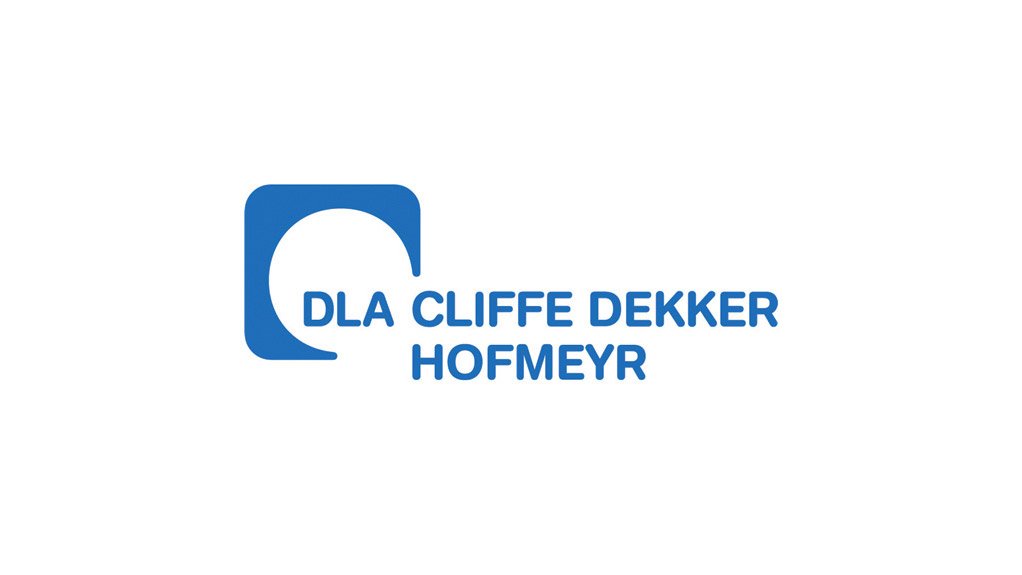On 20 May 2015, the Supreme Court of Appeal (SCA) delivered judgment in the matter of African Banking Corporation of Botswana v Kariba Furniture Manufacturers & others, dealing decisively with (among other things) the proper interpretation of the words "binding offer" as they appear in s153 of the Companies Act (Act).
Grant Ford, Director and Cape Regional Dispute Resolution Practice Head, Cliffe Dekker Hofmeyr, explains, “Previously creditors in business rescue situations have interpreted "binding offer" to mean that, by making a "binding offer", creditor A can compel creditor B to sell its voting interest for the value of the dividend that creditor B would have obtained in a liquidation scenario. This is often referred to as the "cramdown principle" and means that a claim can be reduced or "crammed down" to the value of its underlying security.”
Ford says that the significance of this in practice was that such a voting interest could be acquired at residual (often nominal) value and then be used to vote in favour of or against a proposed business rescue plan.
He notes that the important issue before the SCA was whether a "binding offer", is binding on the offeree. Put differently, can an offeree be compelled to accept the residual offer made to it?
He explains that that the high court (of first instance) found that the "binding offer" envisaged in s153(1)(b)(ii) did not anticipate an option or an agreement in the contractual sense, but was rather a set of statutory rights and obligations, from which neither party could resile, and that the offer was automatically binding on both the offeror and the offeree once made.
“The SCA, however, overturned this on appeal and held that the meaning of "binding offer" should be considered on its own merits and separately from the merits of a business rescue plan. The SCA considered the meaning of "offer" and confirmed that the settled meaning, both in the general ordinary use and in the more technical legal use, is that it is only on acceptance that an offer creates rights and obligations,” Ford says.
Lucinde Rhoodie, Director in the Dispute Resolution practice, further notes that the significance of the word "binding", so the SCA held, can only mean that once the offer is made it cannot be withdrawn by the offeror, which is in contrast to the ordinary meaning ascribed to an offer (that it becomes binding on acceptance and may be withdrawn before then).
“The conclusion reached by the SCA, which now brings to an end the varying interpretations of what is meant by "binding offer", is that a binding offer remains predominantly similar in nature to the common law offer, save that it may not be withdrawn by the offeror until the offeree responds thereto, ie it is deemed to be irrevocable,” she says.
“In practice this levels the playing fields as far as creditors are concerned in business rescue as the SCA decision ensures that creditors retain their voting power and right to vote in accordance with the amount of claims they hold,” Rhoodie adds.
Written by Grant Ford, Director, Regional Practice Head: Dispute Resolution; and Lucinde Rhoodie, Director: Dispute Resolution, Cliffe Dekker Hofmeyr
EMAIL THIS ARTICLE SAVE THIS ARTICLE
To subscribe email subscriptions@creamermedia.co.za or click here
To advertise email advertising@creamermedia.co.za or click here











